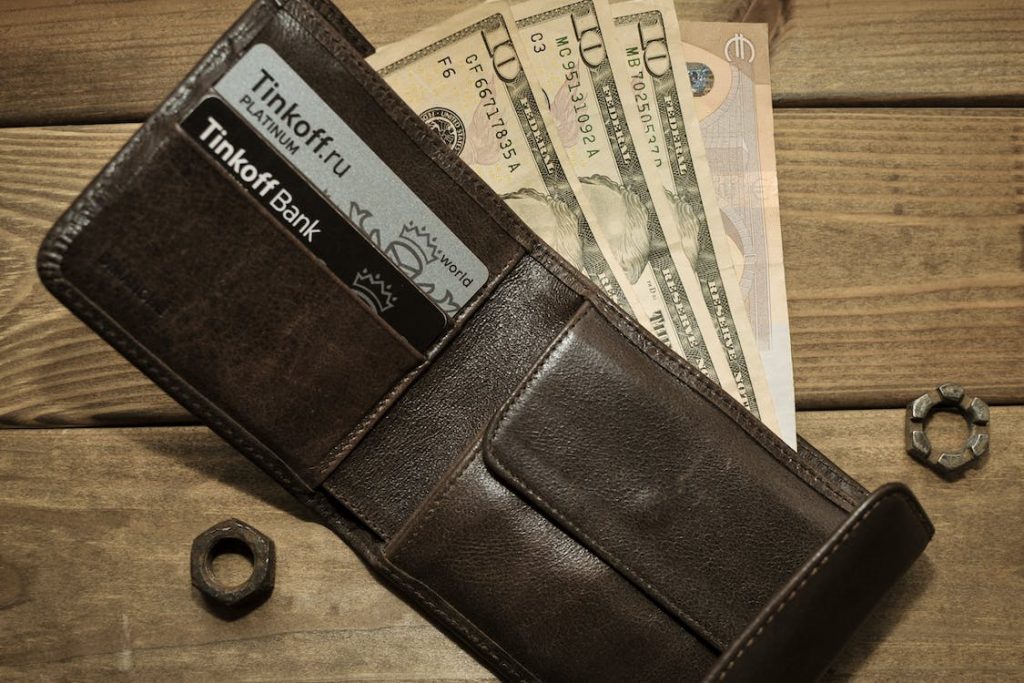Saving money can be a daunting task, but it doesn’t have to be. By making a few small changes to your spending habits and budgeting practices, you can start saving money every month and reach your financial goals. In this article, we will be discussing 10 simple tips for saving money that can help you get started. From creating a budget and cutting back on unnecessary expenses to shopping around for deals and reducing your energy consumption, these tips will help you make the most of your money. By following these tips, you’ll be well on your way to achieving your financial goals and building a solid savings.
Make a budget
Creating a budget is the first step to saving money. It’s important to track your income and expenses so you know where your money is going. A budget will help you identify areas where you can cut back on spending and make sure you’re sticking to your financial goals. According to a survey by Bankrate, only 41% of Americans have a budget and stick to it.
Cut back on unnecessary expenses
Once you have a budget, take a close look at your expenses and identify areas where you can cut back. For example, you may be able to save money by canceling a gym membership you don’t use, or by buying generic brands at the grocery store instead of name brands. The average American spends around $232 on subscription services they do not use, according to a study by Finder website.
Prioritize your spending

Once you’ve identified areas where you can cut back, prioritize your spending. Make sure you’re spending money on the things that are most important to you and cutting back on expenses that are less important. According to the Bureau of Labor Statistics, the average American household spends around $4,000 on dining out and takeout food each year.
Automate your savings
One of the easiest ways to save money is to automate the process. Set up automatic transfers from your checking account to a savings account each month. According to a survey by Bankrate, more than 60% of Americans have less than $1,000 in savings, automating your savings can help ensure that you are saving consistently, even if you don’t have much spare cash.
Use cash
Using cash instead of credit or debit cards can help you stick to your budget and avoid overspending. When you use cash, you’re more likely to be mindful of how much you’re spending, and you’re less likely to overspend. According to a study by the Journal of Consumer Research, people spend 12-18% more when paying with a credit or debit card than when using cash.
Shop around for deals
Before you make a purchase, take the time to shop around for the best deal. Compare prices online, and use coupons and discounts whenever possible. According to a report by the Consumer Reports National Research Center, almost 80% of Americans try to save money by searching for deals and discounts.
Cook at home

Eating out can be expensive, so try to cook at home as much as possible. Not only will you save money, but you’ll also have more control over what you’re eating. According to the Bureau of Labor Statistics, the average American household spends around $3,000 on dining out each year.
Take advantage of free activities
There are plenty of free activities you can do for fun, such as hiking, going to the park, or visiting a museum. Instead of spending money on entertainment, take advantage of these free options. According to a report by the Bureau of Labor Statistics, the average American household spends around $2,500 on entertainment each year.
Reduce your energy consumption
Lowering your energy consumption can help you save money on your utility bills. Simple things like turning off lights when you leave a room, using energy-efficient appliances, and unplugging electronics when they’re not in use can make a big difference. According to the U.S. Energy Information Administration, the average American household spends around $2,000 on energy bills each year.
Save your bonuses and windfalls
When you receive a bonus or a wind fall, such as a tax refund or an inheritance, put it into savings instead of spending it. This will give your savings a boost and help you reach your financial goals faster. According to a survey by GoBankingRates, 69% of Americans would use their tax refund to pay off debts or save the money, which is a great way to utilize this money for future savings.
Verdict
In conclusion, saving money is an essential part of achieving financial stability and reaching your financial goals. By following the tips outlined in this article, you can start saving money every month, regardless of your income level. From creating a budget and cutting back on unnecessary expenses, to shopping around for deals and reducing your energy consumption, these tips will help you make the most of your money.
It is important to remember that saving money is not just about cutting back on expenses but also smart financial decisions and mindful spending. By making a few small changes to your spending habits and budgeting practices, you can start saving money and reaching your financial goals. Remember that saving is an ongoing process, so keep an eye on your budget, reassess your spending habits and don’t be afraid to make adjustments as needed.





